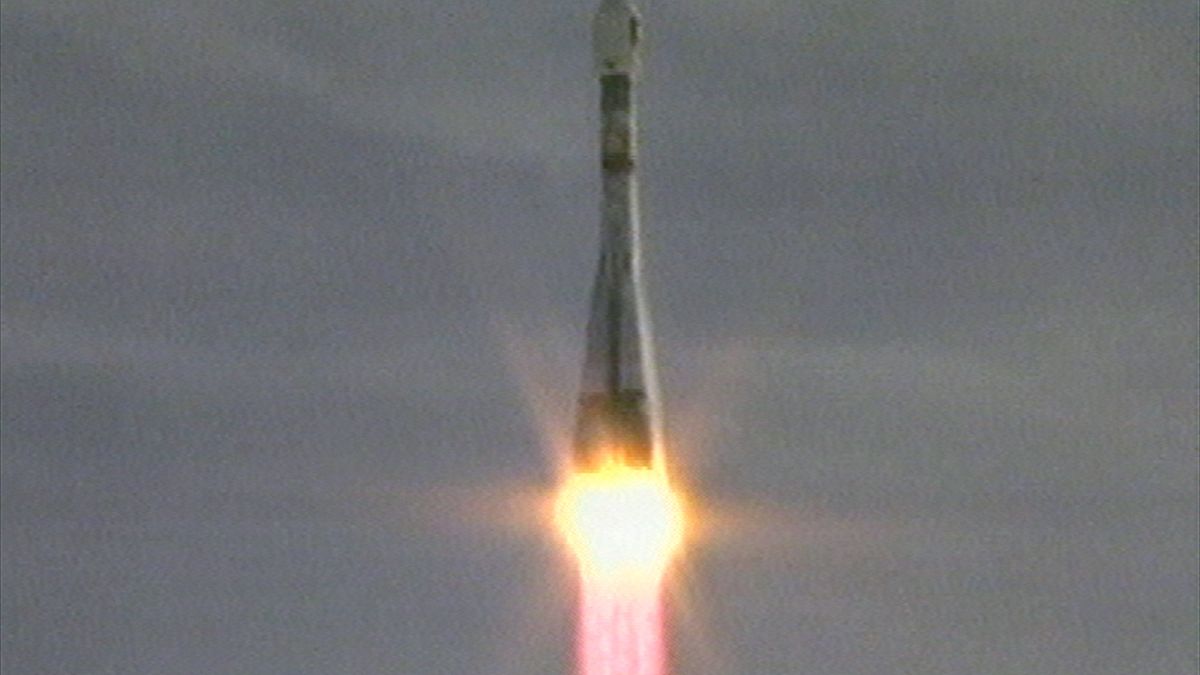Published on
The EU’s next long-term budget (2028–34), currently set at €1.2 trillion, should dedicate more funding to space projects to reduce reliance on the US and bolster the bloc’s strategic autonomy, EU Commissioner for Defence and Space Andrius Kubilius told Euronews’ EU Decoded program.
“We know the needs, and the needs are much bigger than what we have now in this Multiannual Financial Framework (MFF 2021–27),” Kubilius said, adding that simply maintaining existing systems will require investing more than the current €17 billion allocated to space.
The former Lithuanian Prime Minister argued that Europe remains “quite heavily reliant” on key strategic services from the US, and that the continent urgently needs to develop more of its own space intelligence data systems.
The EU is currently developing the IRIS² project, an €11 billion initiative aiming to create a secure, multi-orbital satellite network for EU governments and businesses — but new projects are also expected to be launched under the funding of the next MFF.
“We’re building our own capacities, and that will cost, so that money should be included in the next MFF,” Kubilius said.
“If we do not allocate enough funding and fail to start developing these projects, by 2035 we may find ourselves in a very unattractive situation,” the Commissioner warned.
In recent years, Europe has lost its leading position in the commercial launcher market (Ariane 4–5) and geostationary satellites — even forcing the EU to temporarily rely on US SpaceX rockets to launch its own satellites.
According to Mario Draghi’s report on competitiveness, the EU has also fallen behind in space activities and suffered major supply chain disruptions. As a result, the industry has become less profitable, with lower sales and increased dependence on components such as semiconductors and detectors.
Earlier this year, Kubilius laid out the EU’s roadmap to remain a space power: continue developing flagship programs, launch an EU space industrial strategy to foster innovation and competitiveness, ensure autonomous access to space, strengthen ties between defence and space, and boost investment.
The Commissioner has already delivered the EU Space Act, aimed at creating a true single market for space activities and data. But whether he succeeds in securing more space funding in the next MFF to fulfill the rest of his agenda remains to be seen.
On 16 July, the European Commission is expected to present the first package of its post-2027 long-term budget, when the battle for funds between old and recent EU priorities will begin.
